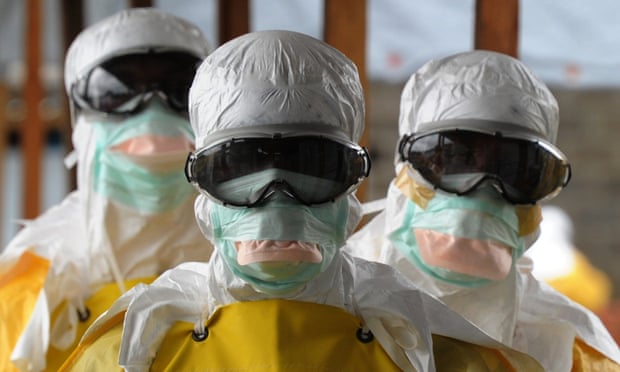Taylor Antrim embarked on a quest to ‘write difference’ with a deep dive into books on epidemics – but in clearing his concocted virus with some experts, he realized he was out of his depth and needed their help

Write what you know. Has there ever been a more out-of-fashion adage? Today, the thing is to “write difference”, and to leave your experience behind. Roxane Gay has argued in the New York Times Book Review that this may even signal that you’re a good person – or that you want to be: “To write difference well demands empathy, an ability to respect the humanity of those you mean to represent.”
But perhaps someone who hasn’t taken a science class since 11th grade shouldn’t lightly embark on a biothriller?
Whatever. The year was 2008, and I had a library card like everyone else. I stacked my desk with books about outbreaks and epidemics: bubonic plague, influenza, Aids, Sars. Boy, isn’t research fun? I couldn’t penetrate all the science, but the anecdotes were fascinating. Did you know that in the 1918 flu pandemic, it was people in their 20s and 30s who died the fastest? Or that President Ford, faced with exactly one swine flu death, ordered the mass vaccination of Americans in 1976?
More
But perhaps someone who hasn’t taken a science class since 11th grade shouldn’t lightly embark on a biothriller?
Whatever. The year was 2008, and I had a library card like everyone else. I stacked my desk with books about outbreaks and epidemics: bubonic plague, influenza, Aids, Sars. Boy, isn’t research fun? I couldn’t penetrate all the science, but the anecdotes were fascinating. Did you know that in the 1918 flu pandemic, it was people in their 20s and 30s who died the fastest? Or that President Ford, faced with exactly one swine flu death, ordered the mass vaccination of Americans in 1976?
More
No comments:
Post a Comment